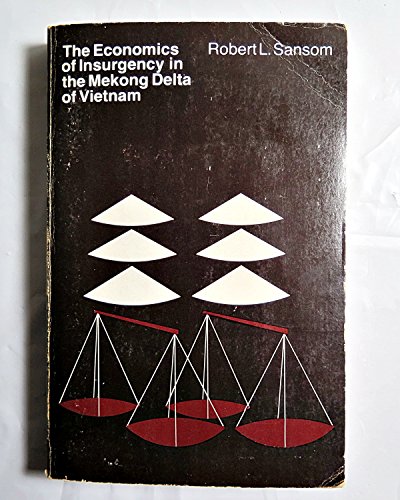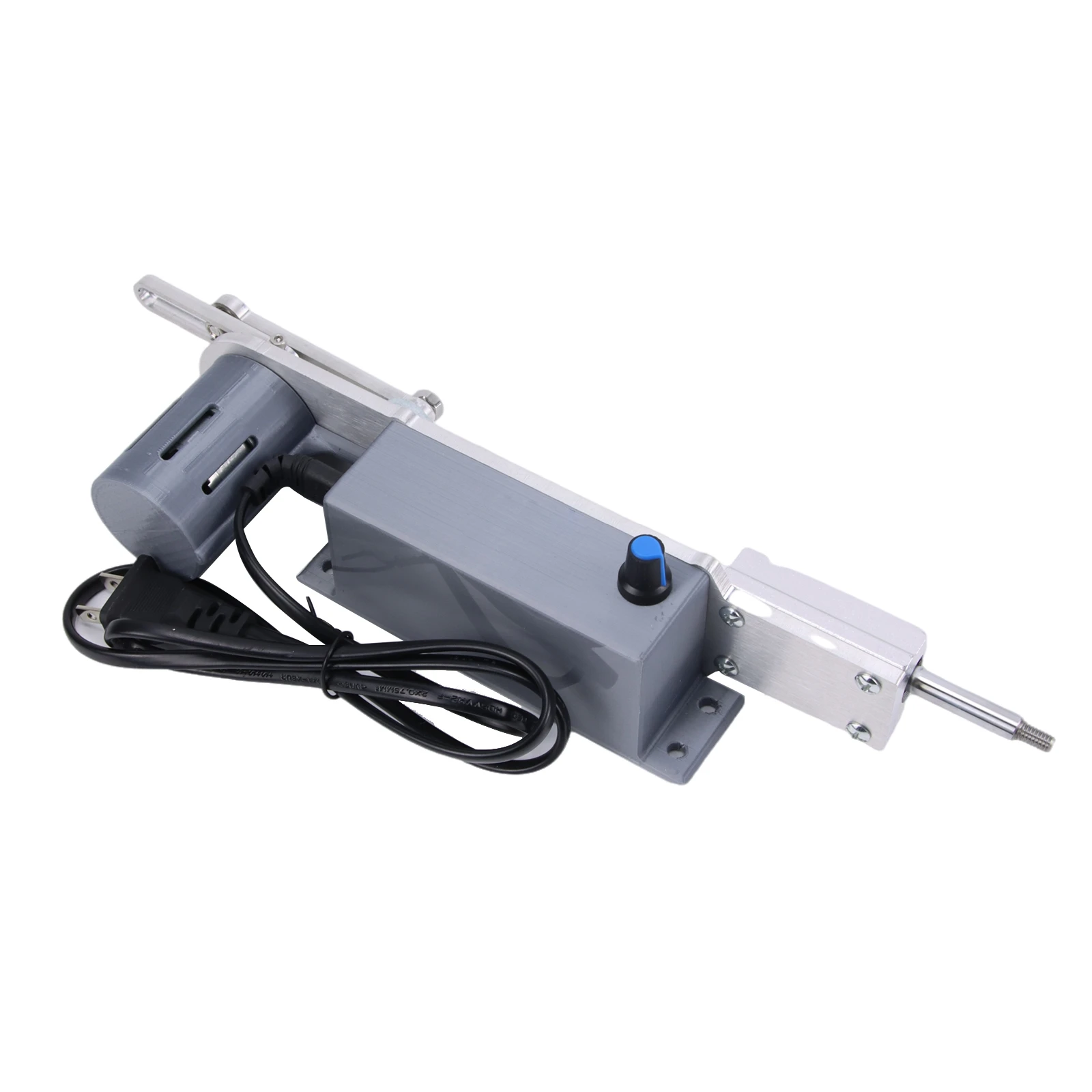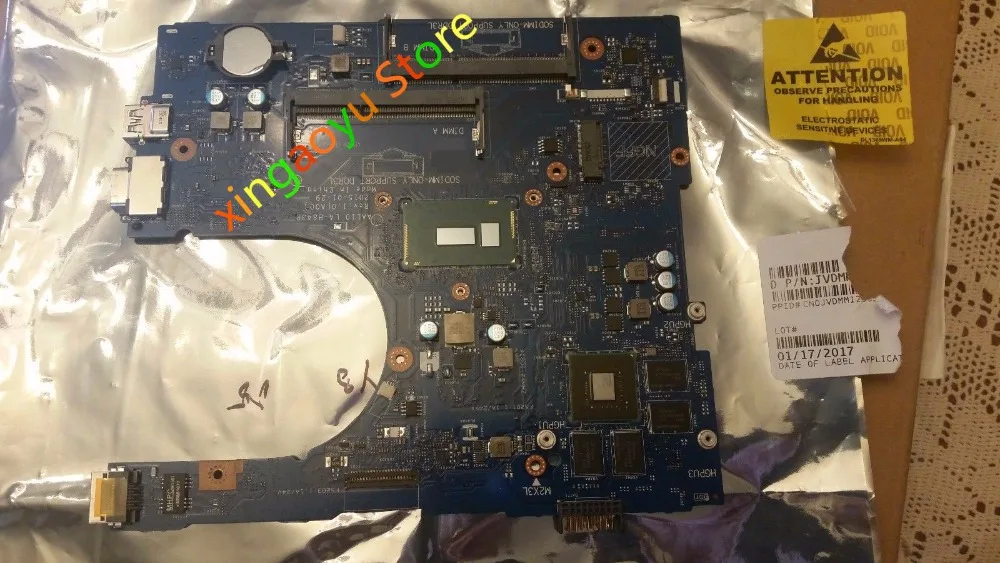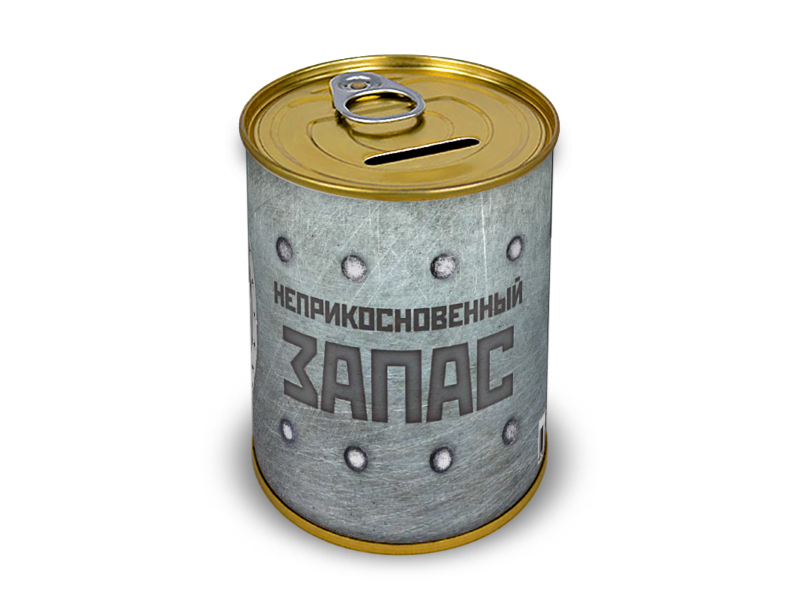The Economics of Insurgency in the Mekong Delta of Vietnam


sku: COM9780262190640NEW
ACCORDING TO OUR RECORDS THIS PRODUCT IS NOT AVAILABLE NOW
$92.76
Shipping from: Canada
Description
Much of the material for this book was obtained through interviews with farmers, landlords, moneylenders, and laborers in the Delta. The author discusses general economic conditions in the area, agricultural productivity, capital and labor, land tenure, fertilizer use, and a subsistence innovation involving the use of an intermediate technology. The analysis focuses not only on the theoretical issues of development economics, such as disguised unemployment, innovation, and investment decisions, but also upon their larger social and political implications. Several chapters are devoted to a detailed examination of the Viet Cong and South Vietnamese government economies at war. Particularly significant is the role that economic issues and policies played in the successful efforts by the Viet Cong from 1960 to 1964 to gain the support of the peasant. Land reform, rent reduction, and even a minimum rural-wage policy were employed. The author provides the first documentary evidence that the Viet Cong were a major force for constructive economic and social change in the Delta. On the other hand, by 1967 massive U.S. economic assistance had gone some distance toward putting the Vietnamese government in a more favorable position with regard to economic benefits associated with dependence on its economy. No doubt, however, long-standing economic and social grievances are still a potent force for the Viet Cong, and there is as yet no complete assurance that the revolutionary social and economic changes wrought by the Viet Cong would not be reversed if the Vietnamese government gained complete control in the countryside.
Price history chart & currency exchange rate
Customers also viewed

$2.89
4 шт., инструменты для ухода за детьми, маленький деревянный молоток, безопасная эргономичная ручка, молотки для ролевых игр, детские игрушки, развивающие развлечения
aliexpress.ru$50.35
ШРУС наружный к-кт ABS, 495001H011 Hyundai i30, KIA Ceed 1.4/1.6 07> Stellox 1502011sx
goods.ru
$279.87
2012-2022 для Toyota 4runner Pro Sport SR5 аксессуары для модификации зеркало заднего вида Электрический складной автоматический расширитель
aliexpress.ru
$99.06
4-дюймовая Электрическая цепная пила 88VF, Беспроводная портативная мини-пила для обрезки, 1080 Вт, литий-ионная батарея, перезаряжаемый портативный деревообрабатывающий инструмент
aliexpress.ru
$264.20
Женские шорты Ete 2023, модные облегающие джинсовые шорты с вышивкой, кружевом, бусинами и цветами, Лидер продаж, на лето
aliexpress.ru
$4.75
Женские Летние черные джинсовые шорты с высокой талией и кисточками, женские свободные джинсовые шорты с дырками и широкими штанинами, короткие брюки, модная одежда
aliexpress.ru
$3.21
Новинка, мужская повседневная облегающая Модная рубашка большого размера с 3D принтом и коротким рукавом для мужчин
aliexpress.ru
$4.86
Женские готические панк ребристые трикотажные черные перчатки без пальцев Harajuku рваные рукавицы до локтя Аниме Косплей Манишка
aliexpress.ru
$16.66
Женские серьги-цепочки GODKI Hiphop Icedout, свадебные серьги из циркона в Дубае, подарок на лето
aliexpress.ru
$51.30
Reciprocating Cycle Linear Actuator Telescopic Motor DIY Multifunctional Automatic Push-Pull Rod Stroke 20-120MM Teaching models
aliexpress.com
$13.90
VAXIS Movmax Car Phone Holder Bracket Mount Cup Holder Universal Car Mount Mobile Suction Travel Driving Recorder Bracket
aliexpress.com
$3.26
1PC Natural Heart Shaped Crystals 4CM Reiki Tiger Eye Stone 7 Chakras Energy Healing Ornament Minerals Gemstone Home Decoration
aliexpress.com
$39.74
GMK Hazakura Theme keycaps PBT Dye Sublimation Key Caps Cherry Profile For MX Switch Mechanical Keyboard
aliexpress.com
$222.78
FOR Dell Vostro 3558 Laptop Motherboard 1MXY3 01MXY3 CN-01MXY3 LA- B843P Motherboard w/i5-5250U 1.6 GHz NVIDIA 2GB
aliexpress.com
$989.37
analyser machine m8000 face skin test machine professional skin analysis beauty equipment 110v-240v digital skin analyzer
dhgate.com
$150.68
super complication timepiece 5270g automatic mens watch moon phase complicated silver dial perpetual calendar watches black leather, Slivery;brown
dhgate.com
$22.59
Clover Bracelets Silver Bracelet Chain White Gold Bangle Links Couple Braclets Silver Armbands Bangles Chains Braclet For Women Pu4336642
dhgate.com
$18.99
Matching Family Christmas Pajamas with Shorts Women s Pajama Set Long Sleeves with Cute Prints Relaxed Fit
walmart.com
$113.89
two piece dress xiaoxiang sweater women's cardigan autumn and winter mixed colors no buttons style celebrities all-purpose slim fit fri, White
dhgate.com
$19.82
8mm Wireless Endoscope Camera IP68 Waterproof WiFi Inspection 2.0MP HD 8 LED Semi-Rigid Cable Borescope for iPhones iPads Android Devices and PC Yellow 2M
tomtop.com
$25.16
Палетка матовых теней для век Go Travel, 15 цветов, блестящая пудра, мерцающая, стойкая, водостойкая, Профессиональная Косметика для макияжа глаз
aliexpress.ru
$44.23
Высокотехнологичный плавающий волшебный замок MOC коллекционные фильмы 752 шт. Diy строительные блоки кирпичи игрушки для детей образовательн...
aliexpress.ru
$11.51
Замена вакуумный Brushroll + двигатель сетчатый фильтр, пригодный для Dyson DC59 DC62 SV03 SV073 V6 пылесос Запчасти
aliexpress.ru
$16.46
decorative flowers & wreaths artificial plants bonsai plastic simulation tree deskpot home fake leaves garden plant decor heart shape
dhgate.com
$6.84
3 Meters 20 Lights LED Lights String Decoration Lemon Slice String Lights Battery with Flashing for Party Holiday Decoration
aliexpress.com
$22.39
2018 New Mens Hoodies Sweatshirts Zipper Hooded Sweatshirts Male Clothing Fashion Casual warmth stretch fitness Hoody For
aliexpress.com

















